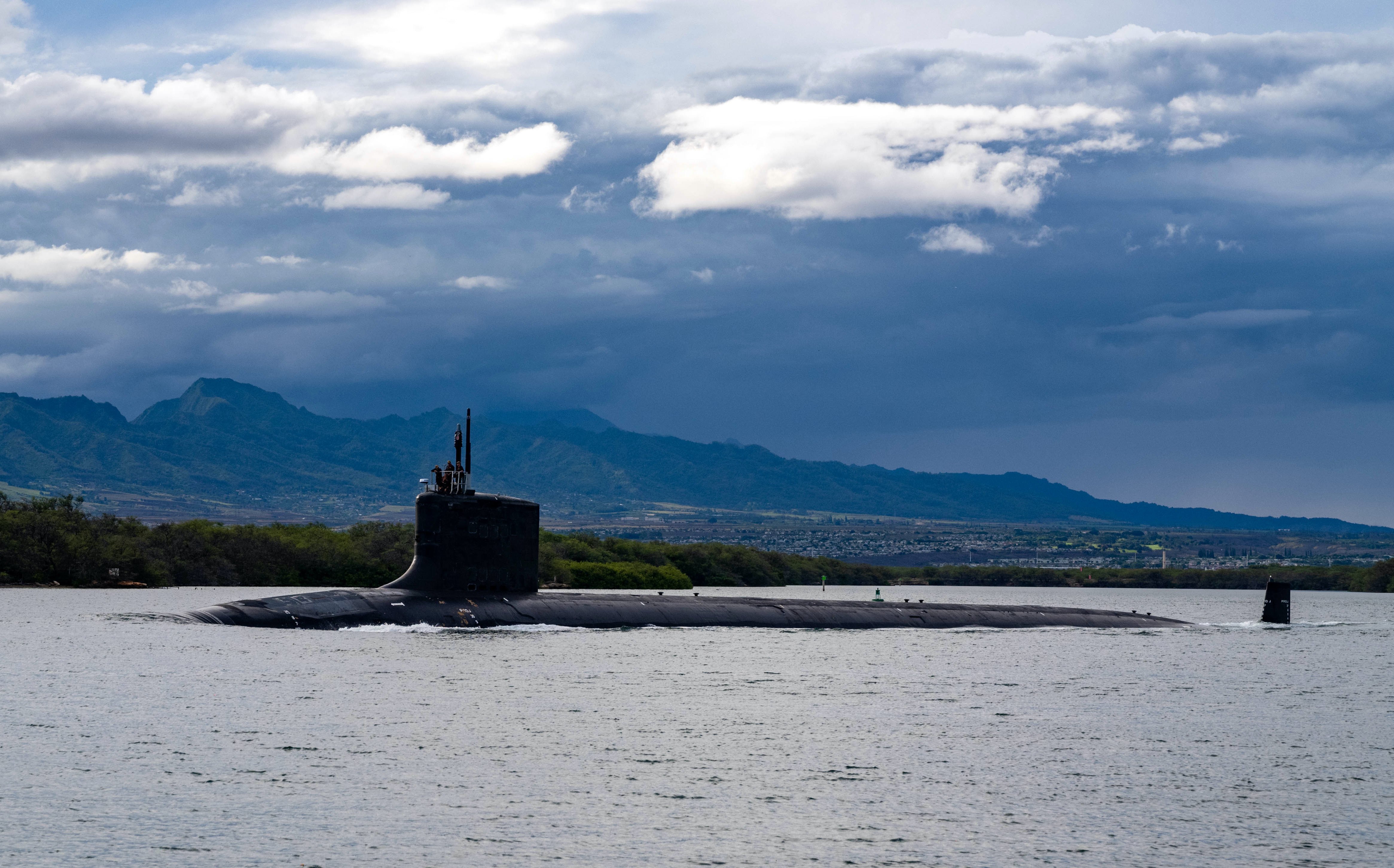The following is the Aug. 24, 2018 Congressional Research Service report, Yemen: Civil War and Regional Intervention.
From the report
This report provides information on the ongoing crisis in Yemen. Now in its fourth year, the war in Yemen shows no signs of abating. On June 12, 2018, the Saudi-led coalition, a multinational grouping of armed forces led primarily by Saudi Arabia and the United Arab Emirates (UAE), launched Operation Golden Victory, with the aim of retaking the Red Sea port city of Hudaydah. The coalition also has continued to conduct air strikes inside Yemen. The war has killed thousands of Yemenis, including combatants as well as civilians, and has significantly damaged the country’s infrastructure. According to the United Nations (U.N.) High Commissioner for Human Rights, from the start of the conflict in March 2015 through August 9, 2018, the United Nations documented “a total of 17,062 civilian casualties – 6,592 dead and 10,470 injured.” This figure may vastly underestimate the war’s death toll.
Although both the Obama and Trump Administrations have called for a political solution to the conflict, the war’s’ combatants still appear determined to pursue military victory. The two sides also appear to fundamentally disagree over the framework for a potential political solution. The Saudi-led coalition demands that the Houthi militia disarm, relinquish its heavy weaponry (ballistic missiles and rockets), and return control of the capital Sanaa to the internationally recognized government of President Abdu Rabbu Mansour Hadi, who is in exile in Saudi Arabia. The coalition cites international consensus for these demands, insisting that the conditions laid out in United Nations Security Council Resolution (UNSCR) 2216 (April 2015) should form the basis for a solution to the conflict. The Houthis reject UNSCR 2216 and seem determined to outlast their opponents while consolidating their control over northern Yemen. Since the December 2017 Houthi killing of former president Ali Abdullah Saleh, a former Houthi ally, there is no apparent single Yemeni rival to challenge Houthi rule in northern Yemen.
The prospects for returning to a unified Yemen remain dim. According to United Nations Panel of Experts on Yemen, “The authority of the legitimate Government of Yemen has now eroded to the point that it is doubtful whether it will ever be able to reunite Yemen as a single country.” While the country’s unity is a relatively recent historical phenomenon (dating to 1990), the international community had widely supported the reform of Yemen’s political system under a unified government just a few years ago. In 2013, Yemenis from across the political spectrum convened a National Dialogue Conference aimed at reaching broad national consensus on a new political order. However, in January 2014 it ended without agreement, and the Houthis launched a war.
The situation in Yemen is considered one of the world’s worst humanitarian disasters. According to the United Nations Office for the Coordination of Humanitarian Affairs (UN OCHA), out of a total population of nearly 30 million people, 22.2 million Yemenis are in need of humanitarian assistance. Since March 2015, the United States has been the largest contributor of humanitarian aid to Yemen.
via fas.org





